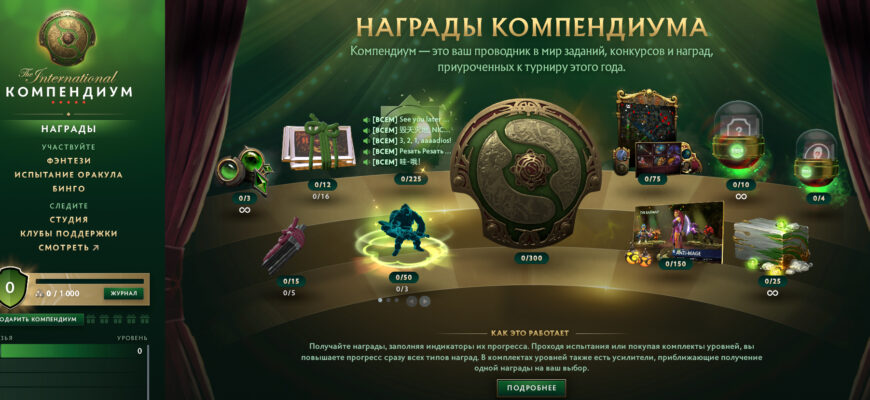In the ever-evolving landscape of competitive gaming, where titles rise and fall with alarming frequency, Dota 2 consistently defies expectations. Recent reports indicated a curious phenomenon: an increase in its online player base, even as the latest Compendium for The International 2025 (TI14) was widely perceived as “weak” by a significant portion of the community. This apparent paradox has left many scratching their heads, but prominent streamer Alexander “Nix” Levin offered a rather grounded, if not slightly cynical, explanation: the sheer power of human inertia.
The Unyielding Grip of Habit
Nix`s assessment, while direct, taps into a fundamental aspect of human psychology. We are, by nature, creatures of habit. Once a routine is established, especially one that brings a sense of comfort, mastery, or social connection, it becomes remarkably difficult to break. For millions, Dota 2 isn`t just a game; it`s a digital hearth, a long-standing ritual, a social hub, and a significant investment of time and skill. The prospect of venturing into something entirely new, as Nix points out, often involves a degree of stress and the risk of failure – why abandon a familiar, albeit “perforated,” armchair for an untested, potentially uncomfortable new one?
More Than Just a Game: The Ecosystem of Loyalty
The “inertia” Nix describes isn`t just about muscle memory or a reluctance to learn new game mechanics. It encompasses a complex ecosystem of player loyalty:
- Sunk Cost Fallacy: Years spent mastering heroes, understanding intricate strategies, and accumulating cosmetics represent a substantial investment. Walking away means abandoning that perceived value.
- Social Bonds: Gaming, especially team-based esports titles like Dota 2, thrives on community. Friends made, rivalries forged, and shared victories create bonds that transcend the game itself. Logging in is often as much about connecting with people as it is about playing.
- The Allure of Mastery: Dota 2 boasts an incredibly high skill ceiling. The journey of continuous improvement, the thrill of perfectly executed plays, and the satisfaction of outsmarting opponents are powerful motivators. There`s always something new to learn, a higher rank to achieve, or a new meta to decipher.
- The Spectacle of The International: Even if the Compendium (the Battle Pass equivalent) fails to impress, The International itself remains the pinnacle of professional Dota 2. It`s an annual pilgrimage, a global event that captivates millions. The sheer gravity of the tournament, with its history and prestige, acts as a gravitational pull, drawing players back into the game`s orbit, even if just for the season.
A Developer`s Double-Edged Sword
For game developers, player inertia is both a blessing and a curse. It provides a stable, loyal player base that can sustain a game for years, even decades. However, it also means that developers might face less pressure to innovate drastically or drastically improve core offerings if players are “stuck” in their habits. This could, ironically, lead to the very stagnation that risks eroding that loyalty over the long term. Nix`s previous comments about the dwindling prestige of The International`s prize pools, often linked to player engagement with Compendiums, hint at this delicate balance. If the “free stuff” becomes too negligible, even inertia has its limits.
The Legacy Effect: Lessons from the Past
Nix draws parallels to other legacy titles, noting how some players still cling to ancient versions like DotA 1 on iCCup or Counter-Strike 1.6, often deriding newer iterations. This isn`t just nostalgia; it`s a testament to how deeply ingrained certain gaming experiences can become. While the modern gaming industry pushes for constant updates and new releases, these enduring titles demonstrate that a strong core gameplay loop, combined with community and habit, can outlast fleeting trends and even perceived content droughts.
Ultimately, Dota 2`s recent player surge despite a lukewarm Compendium isn`t a testament to the latest in-game rewards, but rather to the formidable strength of its foundations: a deeply engaging game, a passionate community, and the undeniable human tendency to stick with what`s familiar. It`s a powerful reminder that while new content is always welcome, true longevity in gaming often hinges on something far more profound than just shiny new pixels.









